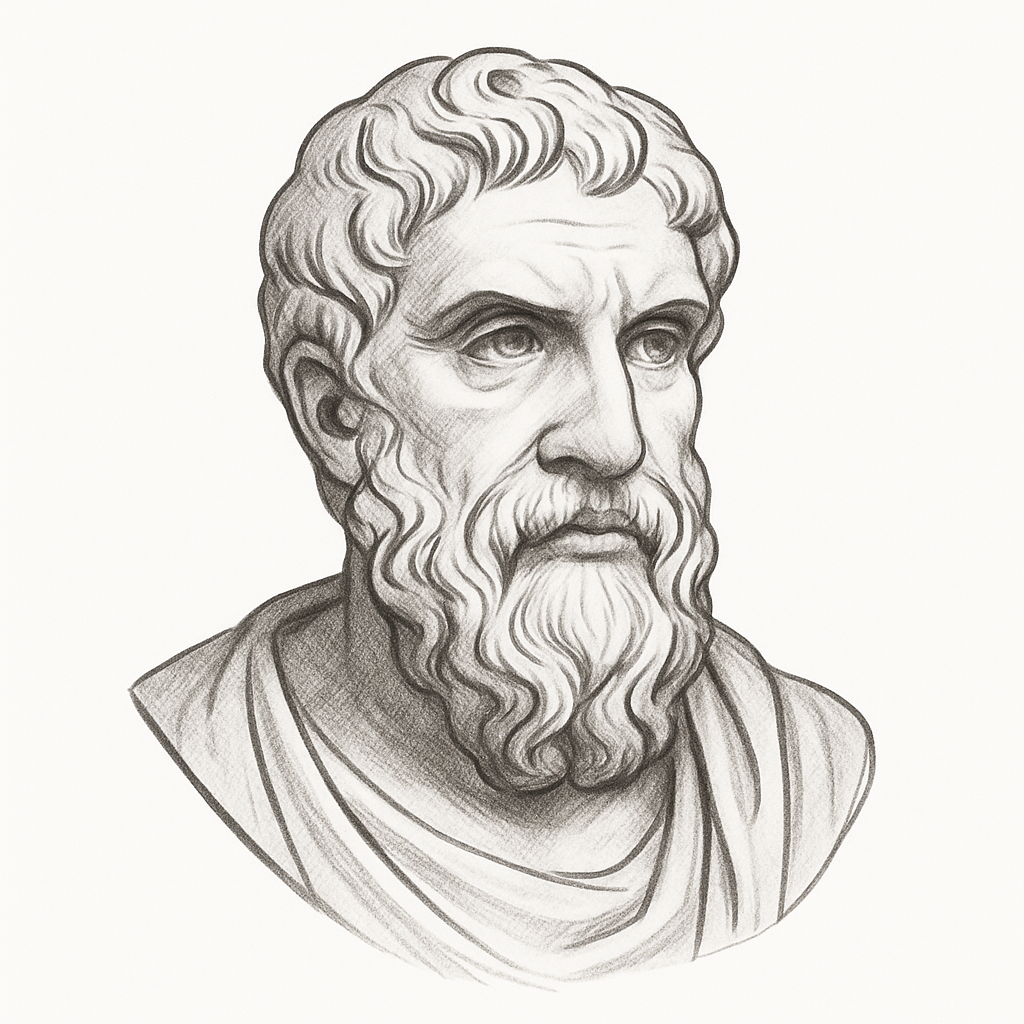What Is Stoicism?
Stoicism is fundamentally a practical philosophy aimed at transforming mere existence into a well-lived life (Seneca, Moral Letters to Lucilius, Chapter 90). It is not presented as an abstract theoretical exercise, but rather as a robust system for guiding actions and ordering one's life (Seneca, Moral Letters to Lucilius, Chapter 16). At its core, Stoicism offers counsel (Seneca, Moral Letters to Lucilius, Chapter 48) and acts as a practical remedy for life's hardships, distinguishing itself from a source of mental entertainment or pointless debates (Seneca, Moral Letters to Lucilius, Chapter 117).
The main Stoic ideas revolve around the development of an inner state that is resilient and aligned with nature, primarily through the principle of control. This involves understanding what is within one's power and what is not. Key tenets include:
- Practical Application: Philosophy's value lies in its consistent application in daily life, rather than mere theoretical understanding (Epictetus, The Discourses, Book 4, Chapter 5). This necessitates mastering the practical application of ancient wisdom to specific circumstances (Seneca, Moral Letters to Lucilius, Chapter 64).
- Cultivating Inner Resilience: A central aim is to build an impregnable mind by detaching from external things (Seneca, Moral Letters to Lucilius, Chapter 82). This involves cultivating a resilient inner state, focusing on what one can control, and not seeking solutions for external problems or predicting the future (Epictetus, The Discourses, Book 3, Chapter 9).
- Understanding True Work: Stoicism distinguishes between mere busyness with worldly affairs and one's true, proper work, which is "the philosophical task of understanding your own nature and what is truly good or bad" (Epictetus, The Discourses, Book 1, Chapter 10). This redirection of focus emphasizes control over one's judgments and perceptions rather than external outcomes.
- Acceptance of Change and Movement: Life inherently involves change, separation, and movement, and individuals are expected to adapt to their changing roles rather than being rooted in one place (Epictetus, The Discourses, Book 3, Chapter 24). This acceptance is crucial to maintaining inner tranquility in the face of uncontrollable external shifts.
- Personal Improvement: Philosophy is to be applied for personal improvement, not as a tool to criticize others (Seneca, Moral Letters to Lucilius, Chapter 103).
In everyday life, Stoicism can offer assistance by providing a framework to navigate challenges and maintain inner peace, primarily by anchoring the individual to what is within their control. It helps by:
- Preparing for Adversity: Philosophy is presented as "a preparation against events which may happen" (Epictetus, The Discourses, Book 3, Chapter 10). By mentally rehearsing potential difficulties, one can strengthen the mind against adversity, perhaps by contemplating a powerful idea each day (Seneca, Moral Letters to Lucilius, Chapter 2). This preparation focuses on controlling one's reaction and mindset, regardless of the external event.
- Managing Anxieties: The philosophy encourages detaching oneself from the trivial anxieties of daily affairs (Seneca, Moral Letters to Lucilius, Chapter 77). By recognizing that worldly gains and losses are ultimately inconsequential in terms of one's inner well-being, one can cultivate inner peace. This involves controlling one's interpretation and value assignment to external circumstances.
- Guiding Actions and Choices: By treating philosophy as a practical tool, individuals can guide their actions and order their lives (Seneca, Moral Letters to Lucilius, Chapter 16). This is about consciously choosing responses and behaviors based on philosophical principles, rather than being swayed by impulses or external pressures, thereby exercising control over one's agency.
Key Passages
But what is philosophizing? Is it not a preparation against events which may happen?— The Discourses by Epictetus
Would you really know what philosophy offers to humanity? Philosophy offers counsel.— Moral Letters to Lucilius by Seneca
But in life how do I act? At one time I call a thing good, and at another time bad. What is the reason? The contrary to that which is in the case of syllogisms, ignorance and inexperience.— The Discourses by Epictetus
Disclaimer: Article generated using Memento Vivere AI tool, and is grounded solely in the works of Epictetus, Seneca and Marcus Aurelius. For informational purposes only. Not a substitute for professional advice.
